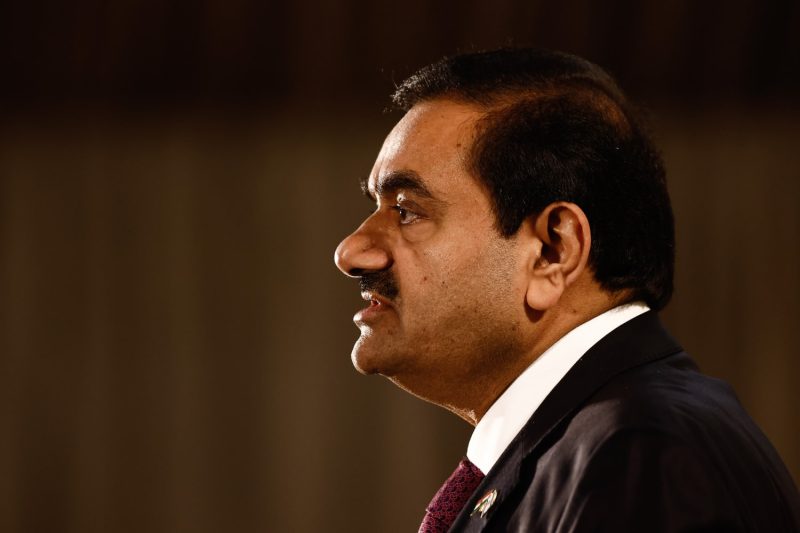In a surprising turn of events, India’s second wealthiest person, Gautam Adani, has been charged by the United States in connection with a $250 million bribery scheme. The allegations against Adani are grave and have sent shockwaves throughout the business and political spheres.
According to the charges filed by the U.S. Department of Justice, Adani is accused of using his vast wealth and connections to facilitate a bribery scheme that spanned several countries and involved numerous high-ranking officials. The scheme is said to have been orchestrated to secure a lucrative contract for one of Adani’s companies, Adani Group, in the energy sector.
The charges against Adani have raised serious concerns about the integrity of India’s business landscape and the extent of corruption within its business elite. Adani, known for his immense wealth and influence, has long been a prominent figure in India’s business community, with interests in various sectors such as ports, infrastructure, and energy.
The allegations against Adani also shed light on the challenges of corporate governance and transparency in India, where corruption and bribery are not uncommon practices. The case serves as a reminder of the importance of upholding ethical standards and accountability in business dealings, regardless of one’s wealth or status.
In response to the charges, Adani has vehemently denied any wrongdoing and has vowed to clear his name through legal proceedings. The outcome of the case remains uncertain, but the accusations against Adani have already had a significant impact on his reputation and the reputation of his business empire.
As the case unfolds, it is crucial for regulators, policymakers, and the business community to closely monitor the proceedings and ensure that justice is served. The allegations against Adani serve as a stark reminder of the need for greater transparency, accountability, and ethical conduct in the business world, both in India and globally.

